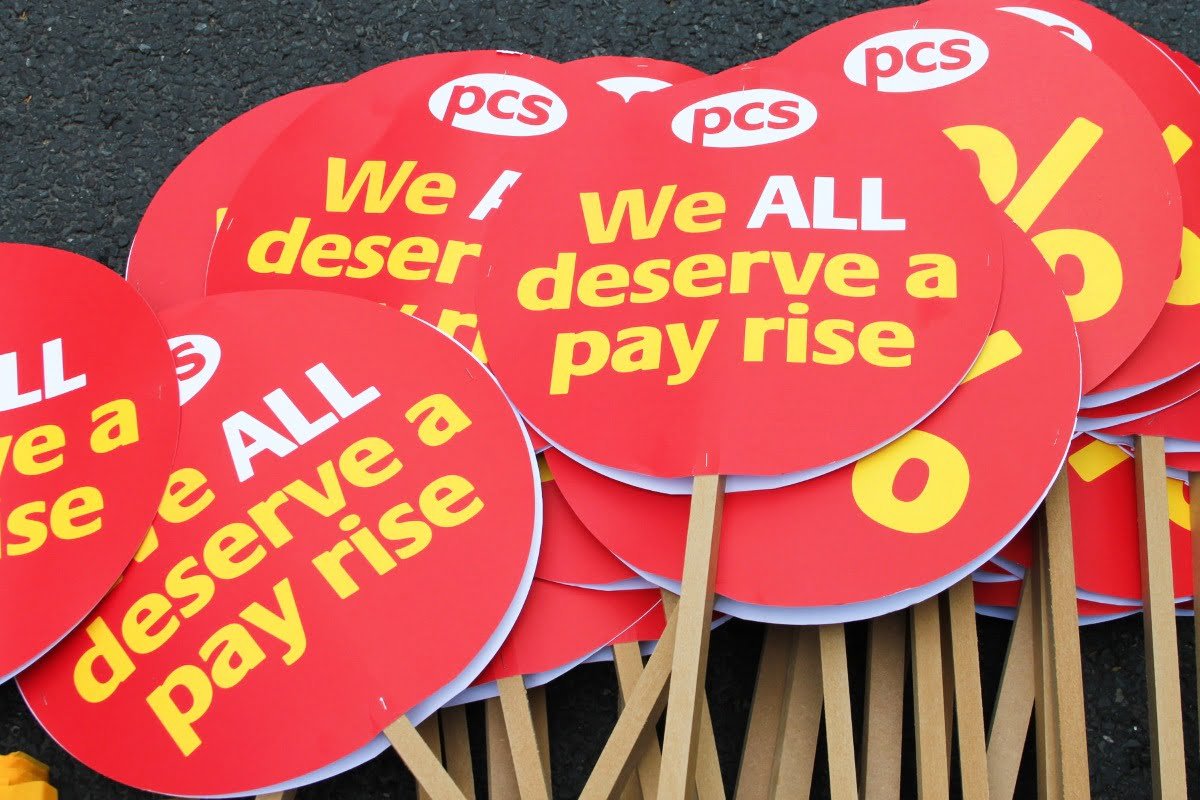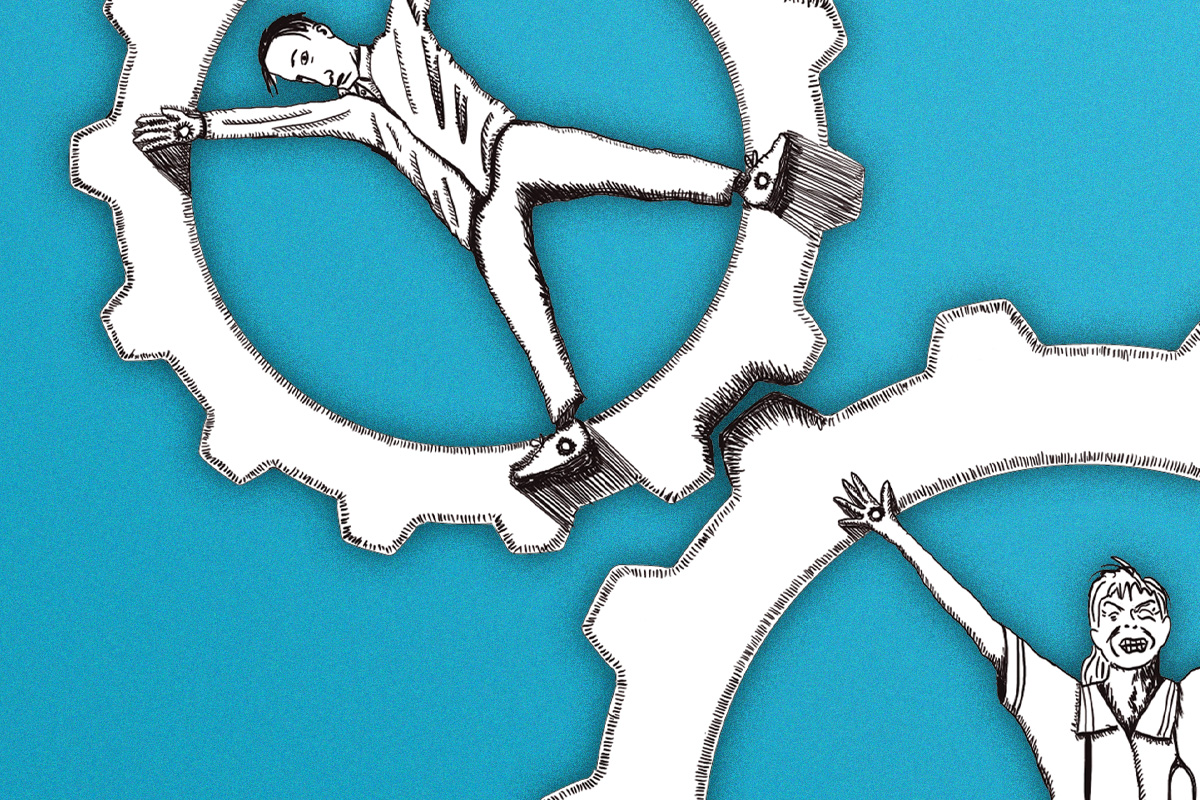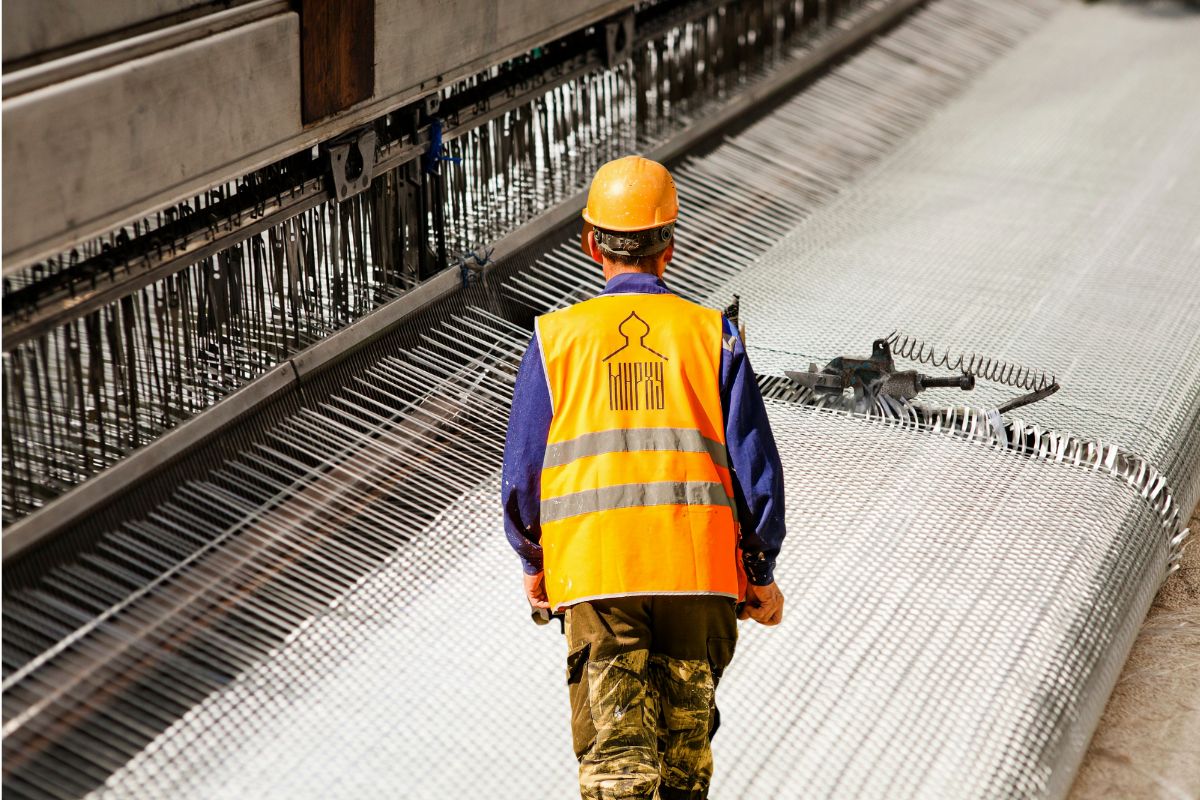Hundreds of delegates of the Public and Commercial Services (PCS) union met in Brighton last week, from 20-23 May, for their group and annual conferences.
The feeling at last year’s conference was one in favour of escalating the struggle. The backdrop in the union at that time was impressive: months of targeted action; hundreds of picket lines; and a new layer of workers getting involved with PCS for the first time.
The mood this year was much different. Following the government’s offer of a one-off payment, plus other concessions, the PCS National Disputes Committee (NDC) decided to effectively pause the campaign and cancel the union’s strike action. But this move clearly angered a significant layer of reps and members.
Strike ballot
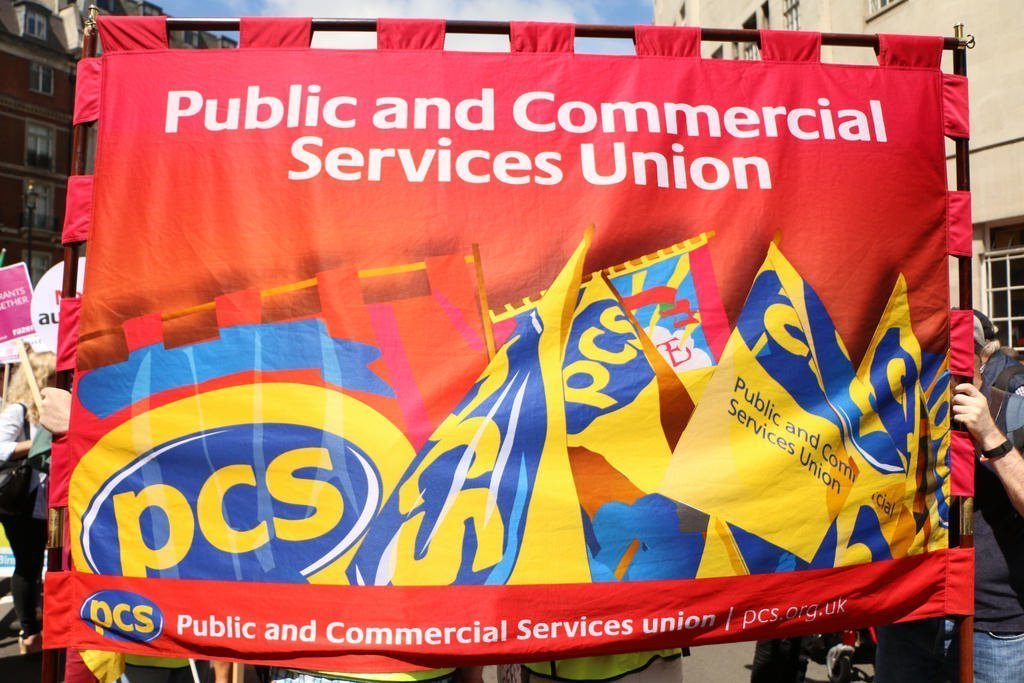 The PCS national executive committee (NEC) re-balloted members for strike action back in April. Major groups – such as DWP, HMRC, and the Home Office – fell well below the statutory turnout threshold of 50 percent, however.
The PCS national executive committee (NEC) re-balloted members for strike action back in April. Major groups – such as DWP, HMRC, and the Home Office – fell well below the statutory turnout threshold of 50 percent, however.
Compared to last year’s action, therefore, only a small fraction of union members are now in a position to strike.
Some areas managed to beat this anti-union threshold. In particular, the Defra group saw 60-70 percent turnouts at almost all of its employers.
It is no coincidence that this group has also experienced positive campaigns, such as that for a four-day week. These efforts have energised Defra members, and shown what PCS has the potential to fight for.
Factional struggle
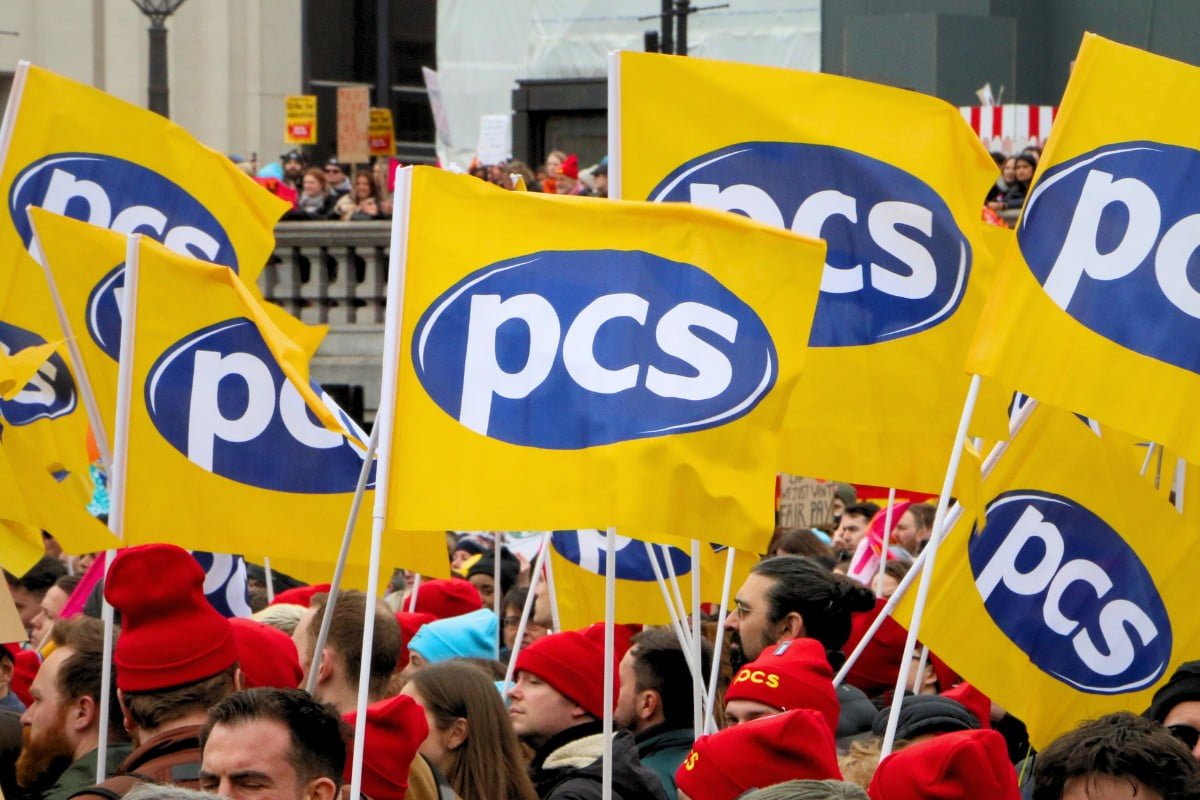 The sentiment at this year’s conference, overall, was clearly one of disappointment and frustration. This was also reflected in the recent NEC election results, where Left Unity lost its majority.
The sentiment at this year’s conference, overall, was clearly one of disappointment and frustration. This was also reflected in the recent NEC election results, where Left Unity lost its majority.
In particular, delegates voted decisively against PCS’ previous strategy in relation to the ongoing struggle. Conference also rejected the outgoing NEC’s approach to building the union, and condemned the handling of the 2023 dispute.
Delegates were clearly alienated with the old way of doing things, and were demanding a change of direction.
It was also evident that the majority of delegates were not tied to any faction in the union, but voted based on policies they actually agreed or disagreed with, and not out of any narrow interests.
Radical mood
What was especially clear, however, was that members are crying out for radical leadership and greater transparency. Amidst the same-old factional squabbles, where neither option seemed particularly convincing, the revolutionary communists’ message felt like a breath of fresh air.
One RCP member and conference delegate proposed a motion calling for solidarity and support for the Port Talbot steelworkers. This comrade spoke about his own experiences visiting the area, the mood on the ground, and how to deal with the capitalists responsible for killing the town.
This shows the revolutionary communist approach: to tackle the class issues, first and foremost. And this clearly went down well with attendees in Brighton.
Revolutionary leadership
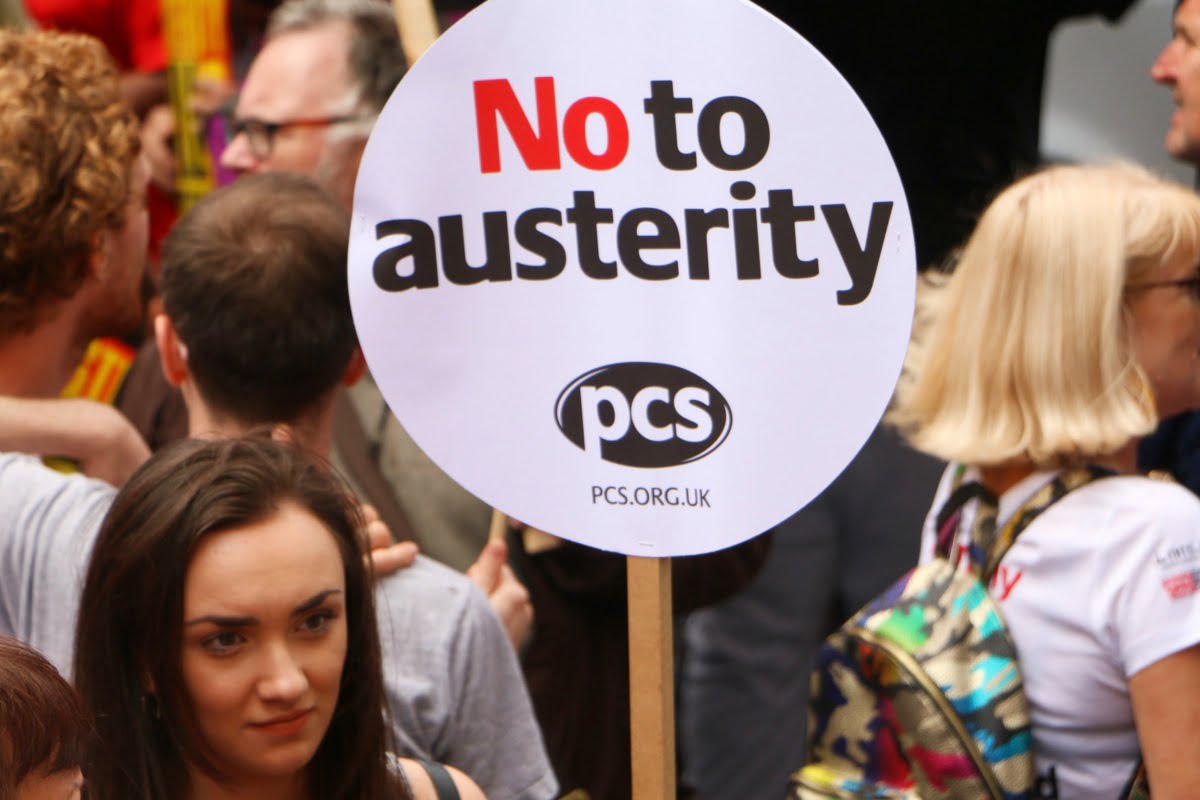 RCP comrades also spent time talking to reps and other attendees, many of whom were young, first-time delegates. In doing so, we met dozens of militant fighters, many of whom identified as communists.
RCP comrades also spent time talking to reps and other attendees, many of whom were young, first-time delegates. In doing so, we met dozens of militant fighters, many of whom identified as communists.
All of these activists had much to say on all kinds of issues: from the climate catastrophe, to what a workers’ government might look like. The only thing they are lacking is organisation – and that is precisely what the RCP aims to provide.
This starts in local workplaces, where we are beginning to build up our strength, ready for the next big fight. If you want to help us in this, join the RCP today!

